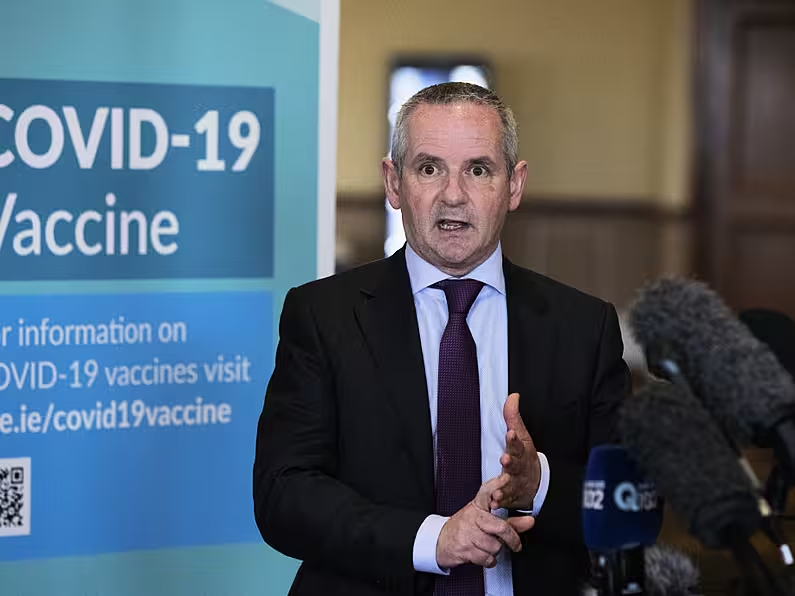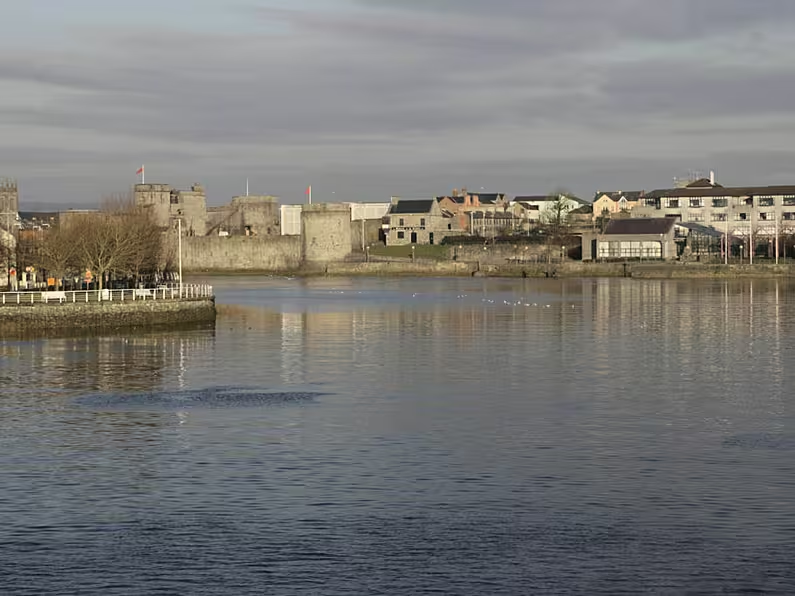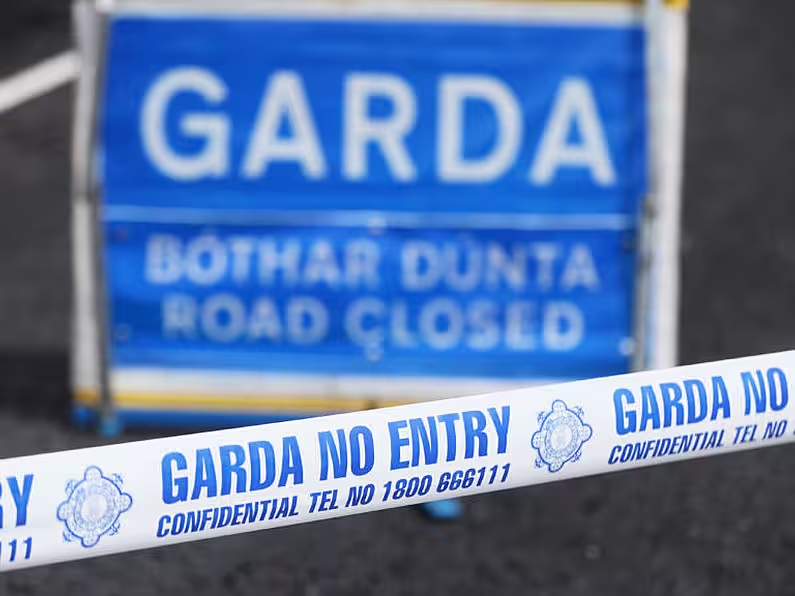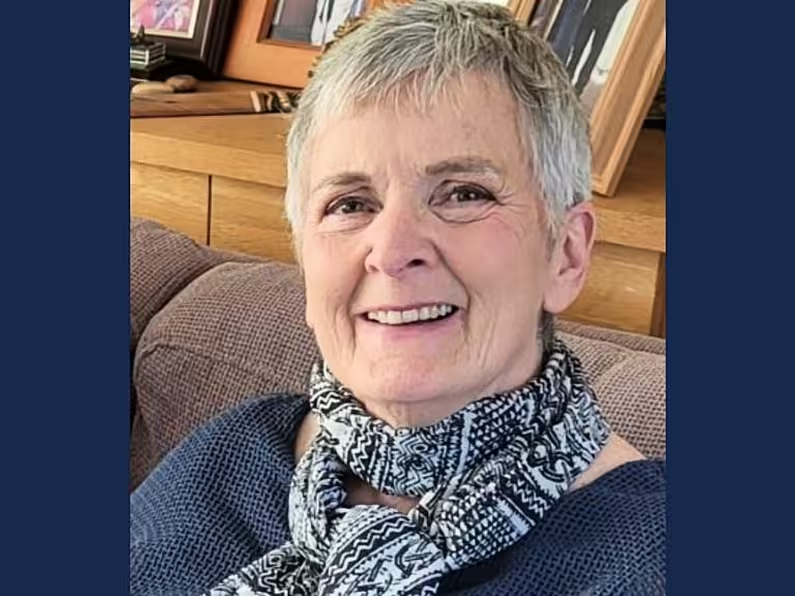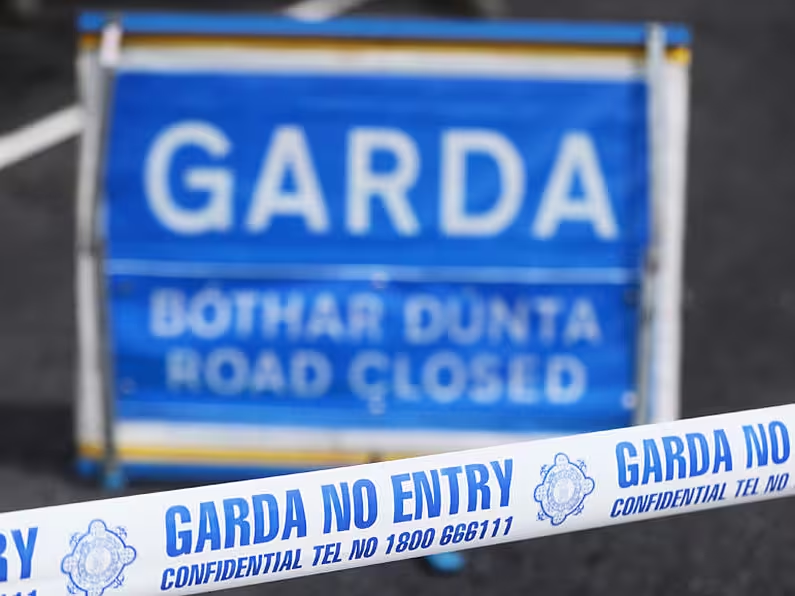
Vivienne Clarke
The director general of the HSE, Paul Reid, has said that his frustration levels with delays of deliveries of AstraZeneca would “blow the roof off".
The ongoing difficulties — from an operational and planning point of view, were “very significant” he told RTÉ radio’s Today with Claire Byrne show.
Mr Reid gave the example that the 165,000 doses due to be delivered next week had been pushed out another week while only 9,000 doses would be received of the 44,000 doses scheduled for this week.
The HSE wanted to roll out the vaccination programme as quickly as it could, they wanted to use the Johnson & Johnson vaccine and to sort out the AstraZeneca deliveries. He pointed out that of the 15 deliveries of vaccines due in the past three weeks, 14 of those had been changed. “That’s the kind of change we’re dealing with.”
The National Immunisation Advisory Committee’s (Niac) decision on Johnston & Johnston would be an important decision for everybody, he added, particularly for the campaign to protect vulnerable groups. “We want to get on with our vaccination programme.”
Mr Reid said he wanted to see a return to normal society and of the economy. “We are in a better place, but we really still need to be careful.”
Overall the picture was positive, he added. There had been a reduction in hospitalisations, the numbers in ICU and the number of deaths. As the vaccination programme progressed more benefits would be seen, Mr Reid said.
Dual approach
But he cautioned that a dual approach was needed, the vaccination programme and public health measures — people needed to continue to do “what they need to do”.
There were two other priorities, he said. To administer the vaccine in an efficient manner and to give the Government the opportunity to make decisions on the easing of restrictions.
The public were responding well to the vaccination programme with 1,750 in the 64 age group already signed up before 7am today.
When asked if people in this age cohort could wait until late in the summer to get a different vaccine from AstraZeneca, he said that it was the approved vaccine for that age cohort. “There isn’t a vaccine choice that we can offer people.”
The protection provided by the vaccine was really strong, he said, compared to the risks of putting off getting vaccinated. There was not clarity yet about supply for Q3 and Q4.
Mr Reid said he would encourage people to come forward for their vaccine now. “If you don’t come forward you’re putting yourself at higher risk.”
“I can’t offer a choice (of vaccine). I can’t guarantee another vaccine. To leave it to later is putting themselves at risk.”
mRNA vaccines
People who were in the high risk Category 4 (under the age of 60) who had their appointment cancelled because of the decision on AstraZeneca would shortly be contacted as supplies of mRNA vaccines were sourced, he said.
Mr Reid added that 95 per cent of the over-70s had now been vaccinated while a small number would be carried forward because of a timing issue with the Moderna vaccine.
Next week the numbers operating the programme to bring the vaccine to the housebound would be doubled and call centres were working to validate that patients were residing at the address listed as there had been some incidents of members of the National Ambulance Service arriving to find that the person was not there — they had either moved to the home of a family member, or to a nursing home, or had passed away.
“I want to restate the commitment, nobody will be left behind.”
When asked if the HSE would be taking a legal case against AstraZeneca, Mr Reid said all engagements with the manufacturer were through the Department of Health, and that any decision on legal action would be through the Department.



